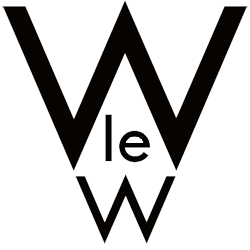Peace
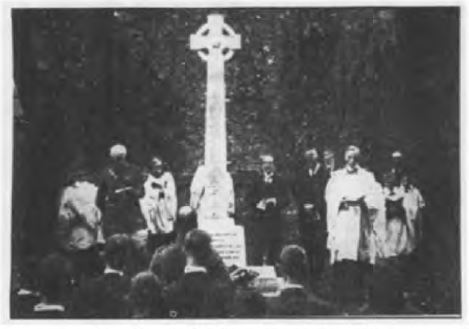
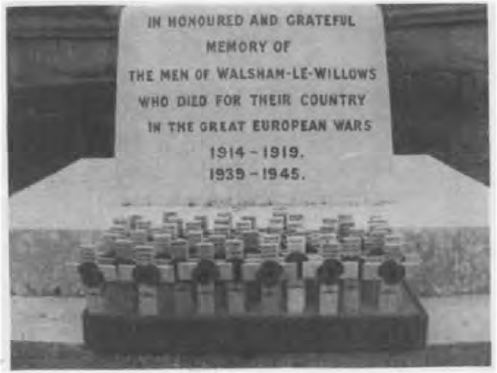
The Great War came to an end one hundred years ago. At the 11th hour of the 11th day of the 11th month in 1918 the fighting ceased.
At home the armistice produced a whole range of emotions from great joy to grief and sadness at the thought of loved-ones lost. Many felt a numbed indifference, hardly daring to believe that the war had ended. It is estimated that 9 million lives were lost in the fighting – 750,000 were from Britain.
Although the war was over, many thousands of soldiers remained in Europe. They were employed in keeping order and clearing up the debris of war whilst waiting for transport home. Among the first to return home to Walsham, to a hero’s welcome were George Hubbard, William Fletcher, Ernest Baker and Geoffrey Forsdike. They had all been prisoners of war in Germany.
The Bury and Norwich Post proclaimed:
“Hang out yourfl.ags tomorrow, unfurl your Union Jack,
The “rag” for which they suffered shall wave the prisoners back, What though the bunting’s tattered, faded and faint in hue,
The men whom it belongs to, were torn in tatters too.“
The Bury and Norwich Post
Five weeks after the armistice, news came that Sydney Cracknell, son of the landlady at The Swan public house (now a private house), had died in a military hospital in England of shrapnel wounds. He is buried in Walsham cemetery.
In February 1919 Llewellan Clamp, son of the village blacksmith George Clamp, was still billeted in Belgium, having served throughout the war. He was severely burnt when lighting a fire with paraffin and died in a French hospital.
153 villagers from Walsham le Willows volunteered or were called up to serve their country. 8 were discharged due to injury. 36 were to die. Many others suffered from physical and mental problems. Living so long with fear of death, often in stinking trenches with rats and lice, how could one just settle back into home life and normal society? The war continued in the minds of many.
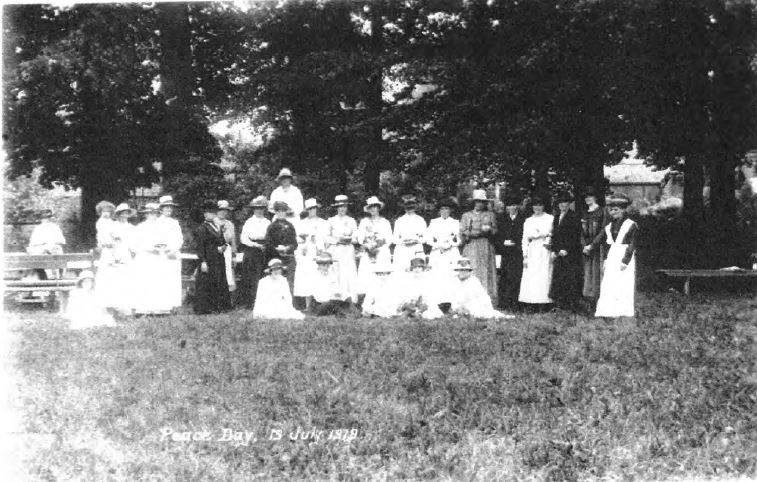
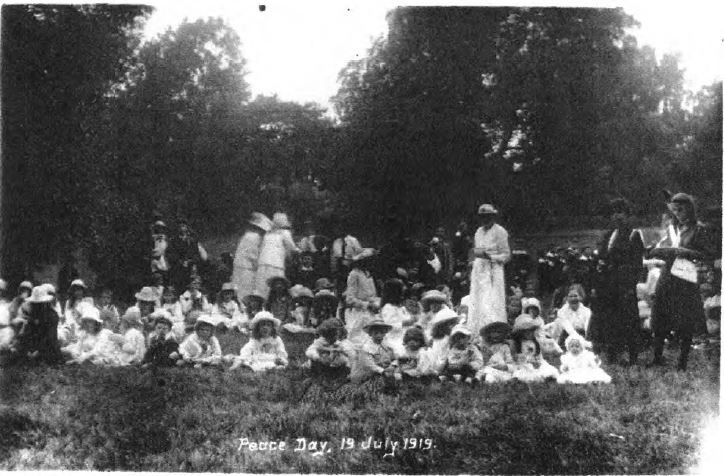
The Peace Parade and Memorial
In July 1919 the Bury Free Press reported that a “Peace Parade” had taken place in Walsham.
After a service in the church the congregation paraded around the village finishing up at the meadow opposite the Boys’ Home in Summer Road (now the site of a private dwelling). Children had a free tea and adults a ticket tea. In the evening there were games and sports for young and old alike. A number of demobbed men, seeing that no Peace Day welcome had been arranged for them, enjoyed an excellent repast in the yard of the Cherry Tree public house (now a private dwelling). About 50 in number sat down. The gathering claimed “it was notdone vindictively”.
Meetings were held to discuss a village memorial for the fallen. A vote was taken on whether the memorial was to be set up inside or outside the church. Many were chapel people, so the majority voted for outside. When the position of the memorial was decided, three families decided not to have their son’s name put on it as they believed they had voted for it to be put outside the church grounds, not just outside the door.
The Memorial, made of Portland stone with a Celtic cross, was erected in the churchyard. On Friday 19th September 1919 it was unveiled by Major-General Sir F. Maurice in the presence of many villagers. A guard of honour formed of 30 demobilised men from the village was led by Sergeant-Major A. Hayward. The Bury and Norwich Post reported that “Onward Christian Soldiers” was sung. The gathering was told that they should not feel only sorrow but pride when they thought of the men who had died so far from their homes and friends. Without a thought of self and without lust for war they, for duty’s sake, had given their lives for their country. After a blessing by Walsham’s vicar, the Reverend A.C. Briggs, the Last Post was sounded, followed by Reveille.
The ‘war to end all wars’ was over.
Some 20 years later the Second World War began. Walsham le Willows lost three more of its sons.

